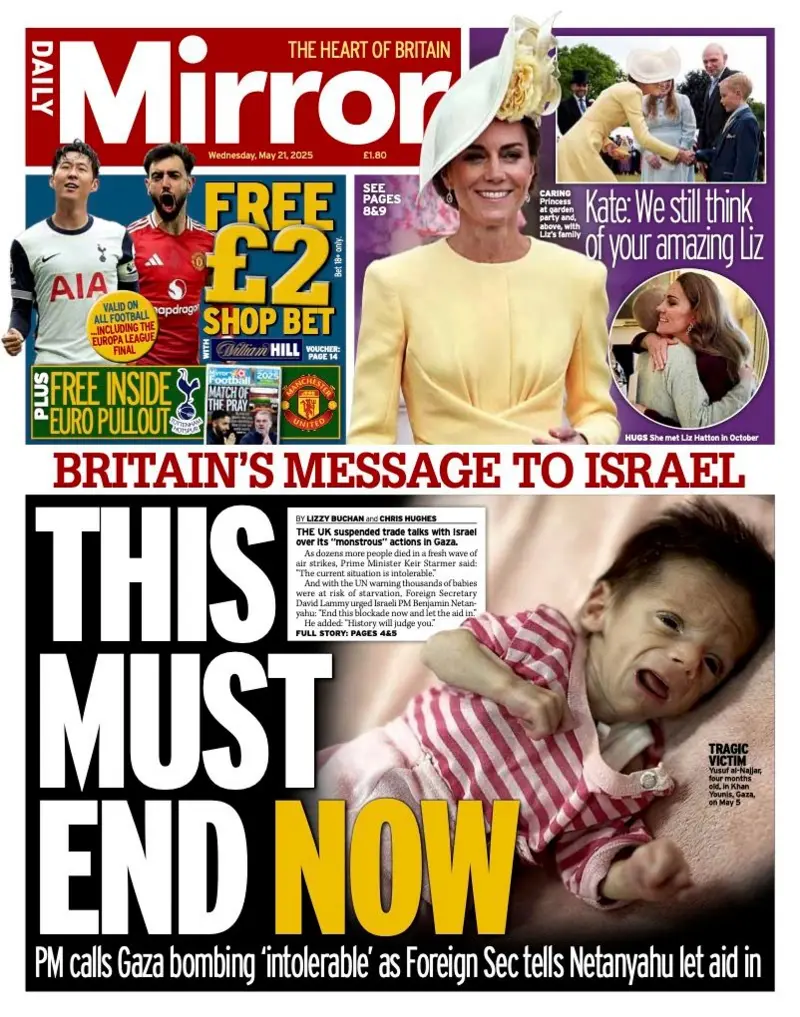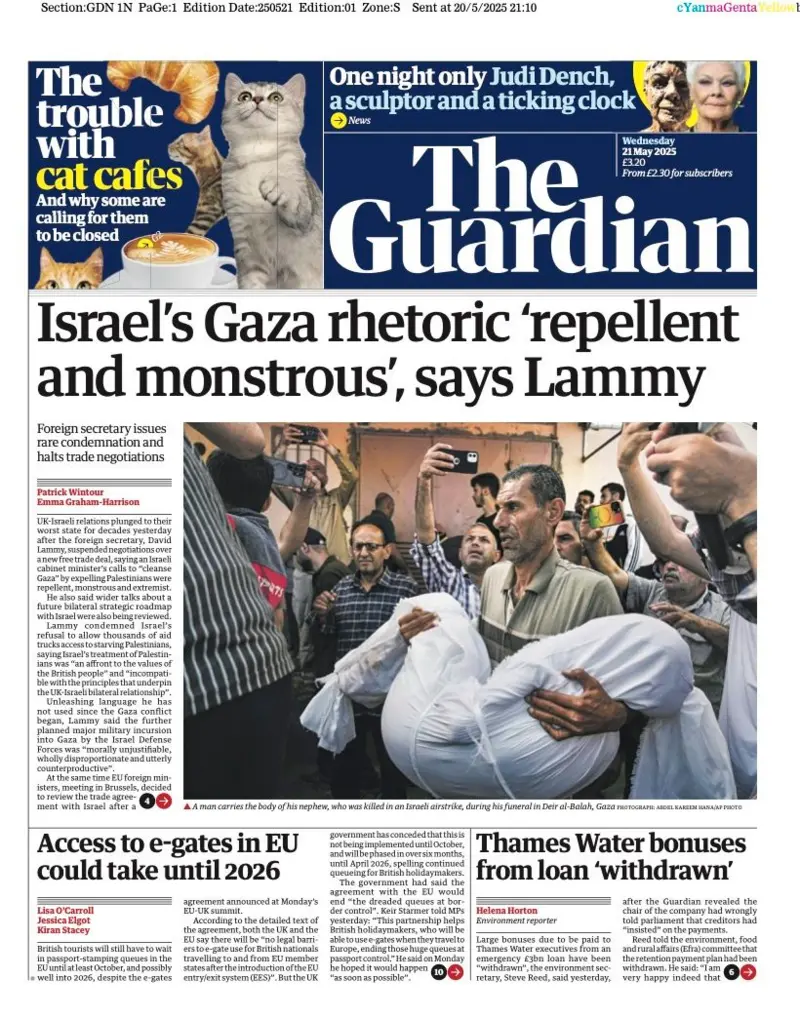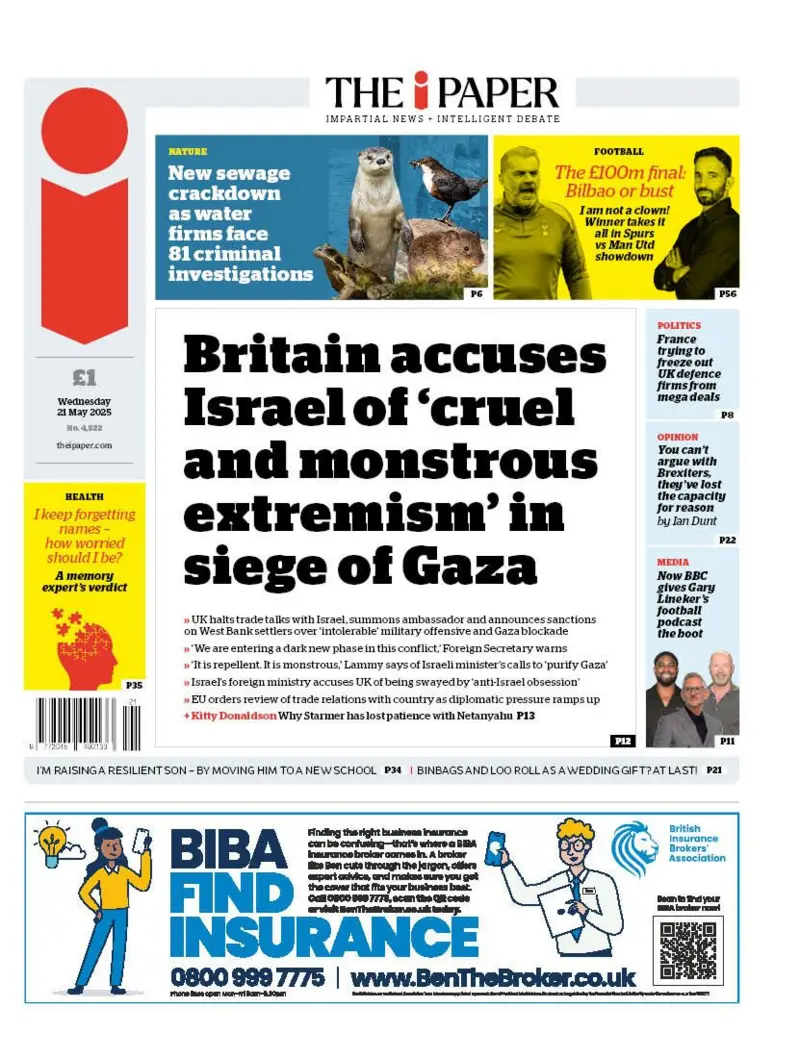Latest News
- Trump’s Iran Strike is Risky—Uncertain Results Ahead
- European Commission Approves EU Funding for Accessible Abortion Services
- Paul Merson says £67.5m Arsenal star will be the ‘X-factor’ in title race with Man City
- Trump initiates conflict with Iran | Global News
- Spain Criticises US Foreign Policy Amid Israel-Gaza Conflict
- British tourist smashes car through hotel lobby in Karpacz while high on drugs
- Dubai’s Fairmont Hotel on Palm Jumeirah Damaged by Debris from Iranian Airstrike
- Why Caoimhin Kelleher is not playing for Brentford against Burnley today





